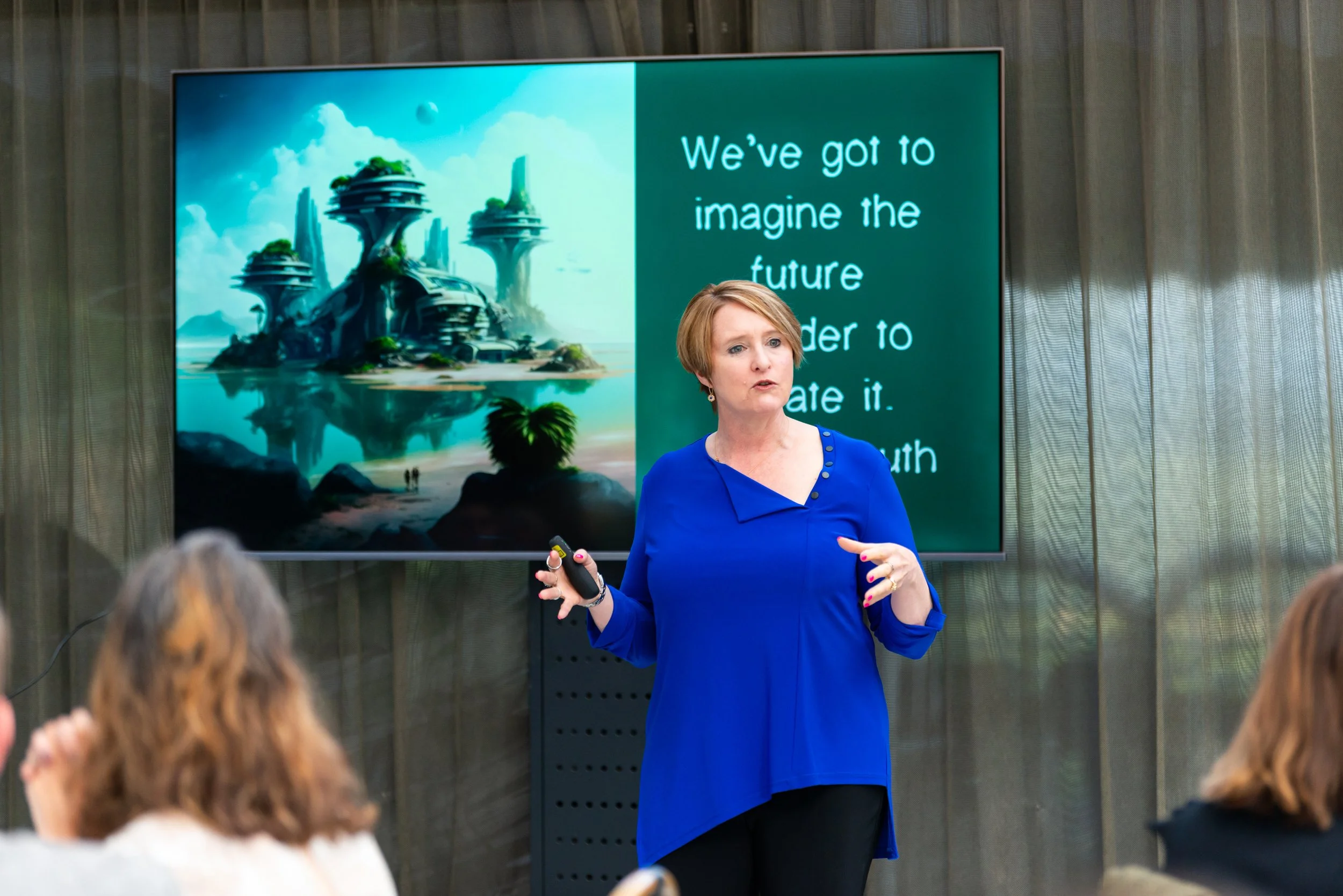Corporate culture catch-22
“When I go to work, I leave my balls in a jar. I feel neutered all day. When I go home, I take them out again, and fall on the couch to watch TV.”
Such was the lament of my male friend and colleague on the emasculation of men in the workplace.
To be clear, he said he did not feel like an oppressed minority. He knows full well the invisible advantages that come from the unconscious favourable bias towards men, even when he is a man with brown skin and an ‘ethnic’ background.
He explains how he has been in some cases the victim of ‘reverse’ discrimination, being the only man in an all-female environment. It turns out that female-dominated workplaces can default to the female version of the ‘boy’s club’.
What’s happening to men?
This is what I’ve noticed:
The conversation about women’s challenges in the workplace are loud and pervasive: the gender pay gap, the disadvantage that occurs from time out with carer’s duties, the glass ceiling, the sticky floor, and globally - the lack of education for women, sex and slavery, female circumcision and child brides. The list of oppression against women is enormous.
The list of oppression against men exists too, though it is a different scale, and much more hidden.
On the more benign side of the scale, women are able to crack sexual innuendo jokes, but men are not. I realised in horror my own mistake with this in one of my presentations when I put up a slide about eye contact: eye contact while eating a banana is not appropriate. All the women laughed at the veiled reference to fellatio. The men did not. Jokes with sexual innuendo leave them open to charges of sexual harassment.
In some workplaces chauvinistic innuendo still happens: men make sexually charged jokes while the women look uncomfortable. Often they are brought to task about it, sometimes not.
Women are rarely, if ever, reprimanded for the same insult.
Leadership principles for true liberation
In our liberation, we sometimes fail to hold ourselves to the same standard.
Men are being taught to make room, be respectful, don’t look, mind the language, be flexible with women’s needs. Many men feel they are walking a tight rope of politically correct, tight wired expectations. Be a man, just don’t be manly. At least not the way they grew up understanding what manly meant.
And that’s the trouble, we have no new definition or guidelines for men and how to be a man in this world. The old archetypes are bruised and battered: warrior, provider, protector - these have been eroded by the rise of women who can now also undertake these roles.
Identity, role and purpose are fundamental to all human beings, regardless of gender. The absence or degradation of these for men is causing significant impact.
The conversation about men’s challenges is silent and unexpressed. This is more than who can say or do what at work.
Consistently over the past 10 years, the number of suicide deaths was approximately 3 times higher in males than females. And for Aboriginal men, the rate is twice as high as for non-Aboriginal men.
85 year old men have the highest rate, followed by men aged 40-55, as reported by Mindframe, a site Managed by the Hunter Institute of Mental Health and funded by the Australian Government under the National Suicide Prevention Program. http://www.mindframe-media.info
These are men at the end of their life, or in their prime, productive years, where they are positioned to make huge contributions to society. And yet many opt out of living, while others suffer silently.
For returned soldiers, the news is equally horrendous. More soldiers die from taking their own life than those killed in wars since 1999.
This disturbs me deeply.
Men are equal partners in creating a world of peace and abundance. If we are to create gender equality, then our work is more than raising one voice above another. Our work is to ensure all voices are heard and understood.
I aspire to live in a world where women - and men - are seen, heard, and valued. A world where we celebrate differences and honour our common humanity.
We need to create space for men to talk and share. A space where we can create a brave new world - together.
***
Related Articles:
Reinventing Men's Leadership: beyond gender agenda
3 special agreements for outstanding team chemistry
How to lead in a low trust environment
***
About the author, Canberra leadership expert Zoë Routh:
Zoë Routh is one of Australia’s leading experts on people stuff - the stuff that gets in our way of producing results, and the stuff that lights us up. She works with the growers, makers, builders to make people stuff fun and practical.
Zoë is the author of four books: Composure - How centered leaders make the biggest impact, Moments - Leadership when it matters most, Loyalty - Stop unwanted staff turnover, boost engagement, and build lifelong advocates, and People Stuff - Beyond Personalities: An advanced handbook for leadership. People Stuff was awarded Book of the Year 2020 by the Smart WFM Australian Business Book Awards.
Zoë is also the producer of The Zoë Routh Leadership Podcast.

